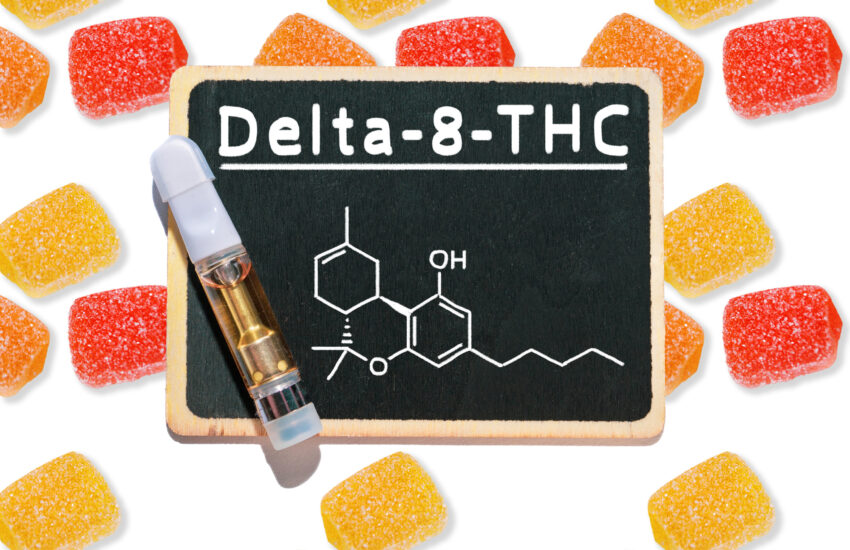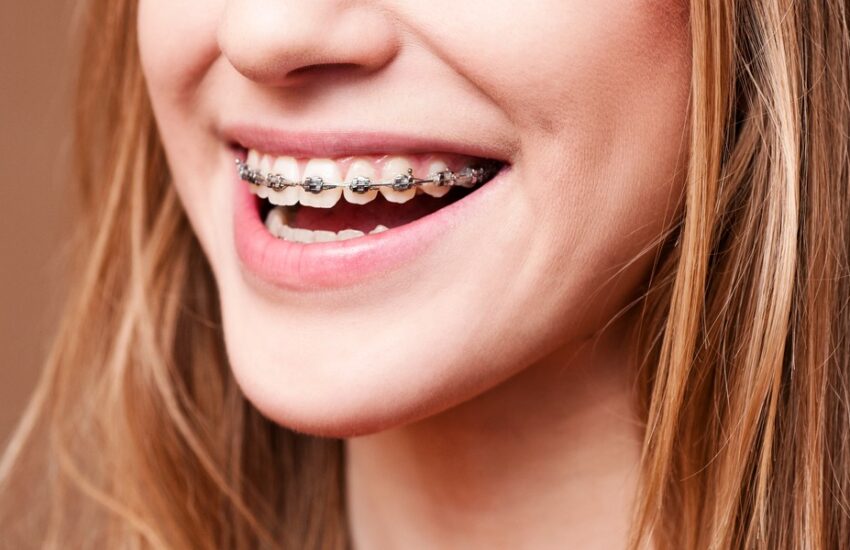How Does Diet Affect Your Teeth and Gums?
The foods we consume play a significant role in our overall well-being and the health of our teeth and gums. From the choices we make at mealtime to our snacking habits, our diet can have a profound impact on oral health. You should contact the Jackson Heights dental office to understand how your diet affects your teeth and gums.
Understanding how diet affects our teeth and gums empowers us to make informed decisions that promote a healthy smile. By becoming aware of the connection between nutrition and oral health, you can delve into foods that benefit or harm our teeth and gums and uncover practical tips for maintaining optimal oral health through a balanced diet.
The impact of diet on teeth and gums:
- Tooth decay
Tooth decay occurs when sugary and acidic foods are consumed regularly. Bacteria in the mouth feed on these substances, producing acids that erode tooth enamel over time. The enamel’s protective layer weakens, leading to cavities and tooth decay. Limiting the intake of sugary snacks, carbonated drinks, and processed foods helps reduce the risk of tooth decay. A balanced diet rich in fruits, vegetables, and calcium-rich foods strengthens teeth and promotes oral health. Regular brushing, flossing, and dental check-ups are also essential in preventing tooth decay.
- Gum disease
Gum disease, or periodontal disease, can be influenced by diet. Poor nutrition weakens the immune system and makes gums more susceptible to infection and inflammation. A diet lacking essential nutrients, such as vitamin C, can impair gum health and increase the risk of gum disease. On the other hand, a balanced diet that includes fruits, vegetables, and foods rich in vitamins and minerals supports gum health, reduces inflammation, and helps prevent gum disease. Maintaining a nutritious diet is vital for promoting healthy gums and overall oral well-being.
- Enamel erosion
Enamel erosion occurs when acids in the diet wear down the protective layer of tooth enamel. Consuming acidic foods and beverages like citrus fruits, sodas, and sports drinks can gradually erode enamel, leaving teeth vulnerable to sensitivity, discoloration, and decay. Limiting the consumption of acidic foods and beverages, and practicing good oral hygiene, helps protect enamel. Additionally, drinking water after consuming acidic substances can help neutralize acids and minimize the risk of enamel erosion.
- Saliva production
Saliva production is crucial for maintaining oral health. Chewing fibrous foods like apples and carrots stimulates saliva flow, which helps neutralize acids, wash away food particles, and maintain a healthy pH balance in the mouth. Adequate saliva production reduces the risk of cavities by providing a natural defense against harmful bacteria. You can promote a healthier oral environment and protect your teeth and gums by including saliva-stimulating foods in your diet.




